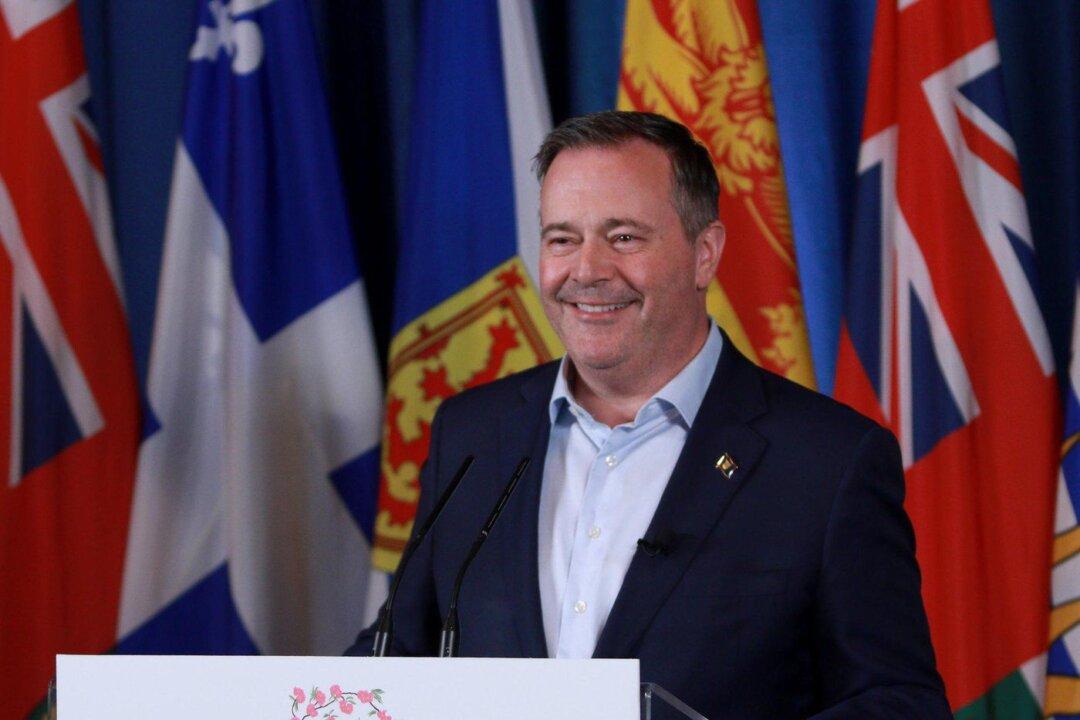Alberta Premier Jason Kenney says the province is on track for a $13.2-billion surplus in this budget year.
It’s an exponential escalation from the $511-million surplus forecast when the provincial budget was introduced in February.

It’s an exponential escalation from the $511-million surplus forecast when the provincial budget was introduced in February.